About University Medical Center New Orleans
If you or a loved one is struggling with addiction, you’re not alone. University Medical Center New Orleans is here to help. We offer a variety of programs and services designed to meet the unique needs of each individual. From dual diagnosis and inpatient rehab to cognitive behavioral therapy and dialectical behavior therapy, we offer a wide range of treatment options. We also offer family and group therapy, as well as individual therapy. No matter what your situation, we can help you find the path to recovery.
Addiction Treatment Programs
Dual Diagnosis
Dual diagnosis treatment in Louisiana addresses both your mental health and your recovery needs. A dual diagnosis program uses evidence-based approaches to help you overcome both your mental health concerns and substance use. This may include mental health medication, counseling, and more.
Adult Program
An adult program in Louisiana can provide every level of care while addressing the unique emotional and mental needs of adults. An adult program gives you the skills you need to overcome addiction and address the unique challenges of managing your work, relating to your family, raising children, and balancing a variety of other responsibilities
Senior Rehab
When you attend a senior rehab in Louisiana, you’ll work with professionals who understand the unique challenges you face in creating a substance-free life. These programs offer personalized treatment that incorporates your physical, mental, and emotional needs. You’ll find the compassionate care you need to overcome addiction.
Young Adult Rehab
Young adult rehab programs in Louisiana address the unique needs of this stage of life. A young adult program gives you the skills you need to overcome addiction and address the unique challenges of transitioning from the teen years to adulthood.
Insurance Coverage
Medicaid
There are many ways to pay for rehab in Louisiana. If you qualify, one option is Medicaid. Using Medicaid keeps your costs, if there are any, very low. You can access any type of care, including detox, inpatient, and outpatient.
Private insurance
There are many ways to pay for substance use treatment in Louisiana, including using private insurance. Plans vary, so be sure to contact your insurance company to find out coverage details and what copayments or deductibles you might be responsible for.
Self-pay options
In Louisana, you can choose to use pay for addiction treatment yourself, which is known as self-pay or private pay. Choose any center you like and write a check, use a medical loan, or have money sent electronically. Different types of care may have differing fee structures.
Financial aid
If you qualify, financial aid programs can be a good way to pay for substance use treatment in Louisiana. You can pay for detox, inpatient treatment, or outpatient care using scholarships or grants from the treatment center or from local organizations.
Financing available
When they are available, using financing options to pay for treatment in Louisiana can make rehab more accessible. Treatment centers may have financing options such as payment plans, grants, or scholarships. You may also decide to get a medical loan to pay for treatment.
Medicare
If you have Medicare in Louisiana, you can use your coverage to help pay for rehab treatment. Different Medicare plans may vary, so it’s important to get full details. Also, be sure to choose a treatment center that accepts your specific plan.
Levels of Care
- 1
Inpatient Rehab
Attending inpatient treatment in Louisiana allows you to get evidence-based care while living in the facility, helping you establish long-term recovery. Some of the elements of inpatient treatment include individual and group counseling, skill-building, relapse prevention, and help with essentials like employment and housing.
Therapies
Cognitive Behavior Therapy
If you’re struggling with substance use in Louisiana, you may not realize how connected your thoughts and actions are. Cognitive behavioral therapy (CBT) can help increase your awareness. During treatment, you’ll examine common thought distortions, identify learned negative behaviors, and learn the skills necessary to consciously choose a different reaction to each situation.
Dialectical Behavior Therapy
If you’re struggling with substance use in Louisiana, you may not realize that you have the power to improve your circumstances. Dialectical behavioral therapy (DBT) can help you learn how to make positive changes. During treatment, you’ll unlearn unwanted thoughts and behaviors, practice and reinforce positive coping strategies, and empower yourself to create the life you want.
Experiential Therapy
Experiential therapy in Louisiana allows you to participate in hands-on activities that can help you work through challenges. During experiential therapy, you’ll work through activities that will help you work through past experiences and emotions. Afterward, you’ll have the tools you need to address problems and manage triggers in a healthy way.
Family Therapy
Family therapy in Louisiana is generally led by a professional who facilitates family members sharing their experiences and emotions. Family members learn how to play a positive role in supporting your recovery. Family therapy is only one element of rehab treatment, along with activities, peer support, individual and group counseling, relapse prevention, and more. Together, all these methods support you in establishing long-term recovery.
Group Therapy
Group therapy in Louisiana is generally led by a professional who facilitates client’s sharing about their experiences and emotions. Group therapy sessions generally last 60 to 90 minutes and may include discussing a specific issue, sharing wins and challenges, education about specific topics, or developing life skills.
Individual Therapy
Overcoming substance use is easier if you’re not alone. During individual therapy in Louisiana, you’ll have a professional ally who will help you see things in a new way. Individual therapy is a normal part of evidence-based treatment programs and may be a part of inpatient treatment, outpatient care, or both. Topics include processing past events that may have contributed to substance use, learning new life skills, and relapse prevention strategies.
Location
Contact University Medical Center New Orleans
Top Drug Rehab Centers in Louisiana
-
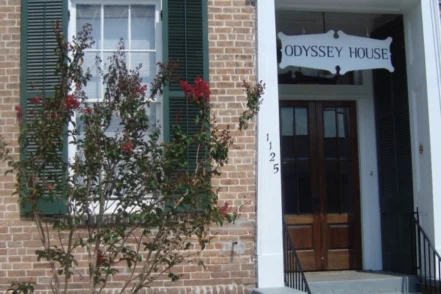 Louisiana
LouisianaOdyssey House Louisiana
1125 North Tonti Street New Orleans, Louisiana 70119
-
 Louisiana
LouisianaPalmetto Addiction Recovery Center
86 Palmetto Road Rayville, Louisiana 71269
-
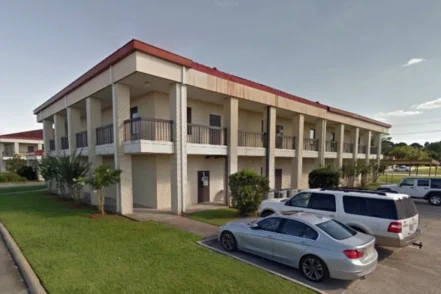 Louisiana
LouisianaTownsend Recovery Center Lafayette
4540 Ambassador Caffery Pkwy Lafayette, Louisiana 70508
-
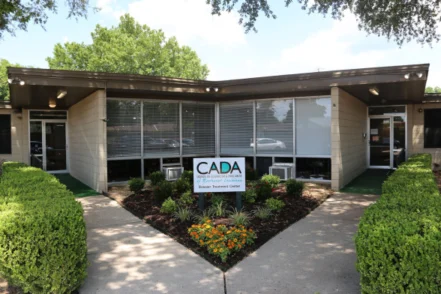 Louisiana
LouisianaCADA Bossier Treatment Center
1525 Fullilove Drive Bossier City, Louisiana 71112
-
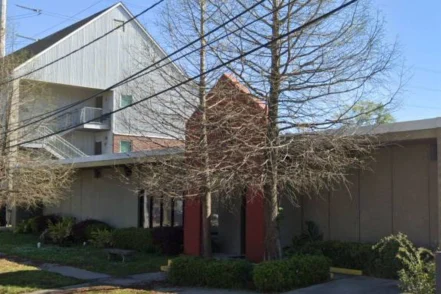 Louisiana
LouisianaO Brien House North 12th Street
446 North 12th Street Baton Rouge, Louisiana 70802
-
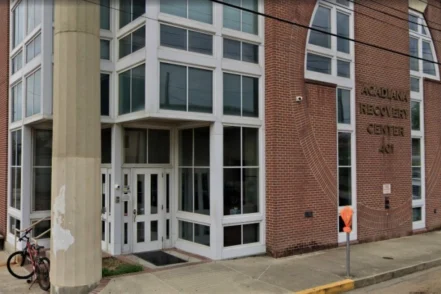 Louisiana
LouisianaAcadiana Recovery Center
401 West Vermillion Street Lafayette, Louisiana 70501
-
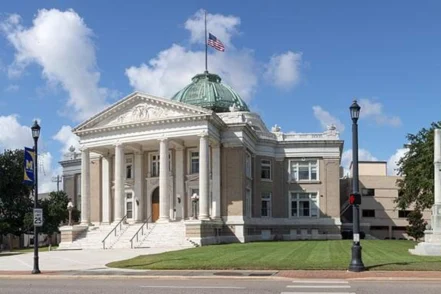 Louisiana
LouisianaAppleGate Recovery Lake Charles
751 Bayou Pines East, Suite P Lake Charles, Louisiana 70601
-
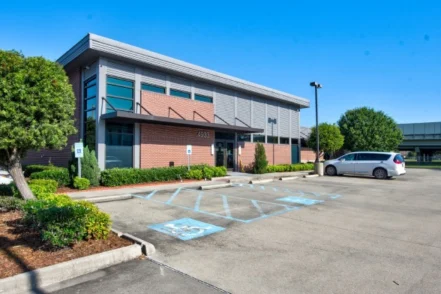 Louisiana
LouisianaAvenues Recovery Center at Metairie
4933 Wabash Street Metairie, Louisiana 70001
-
 Louisiana
LouisianaPalmetto Addiction Recovery Center Lake Charles
117 Williamsburg St Lake Charles, Louisiana 70605